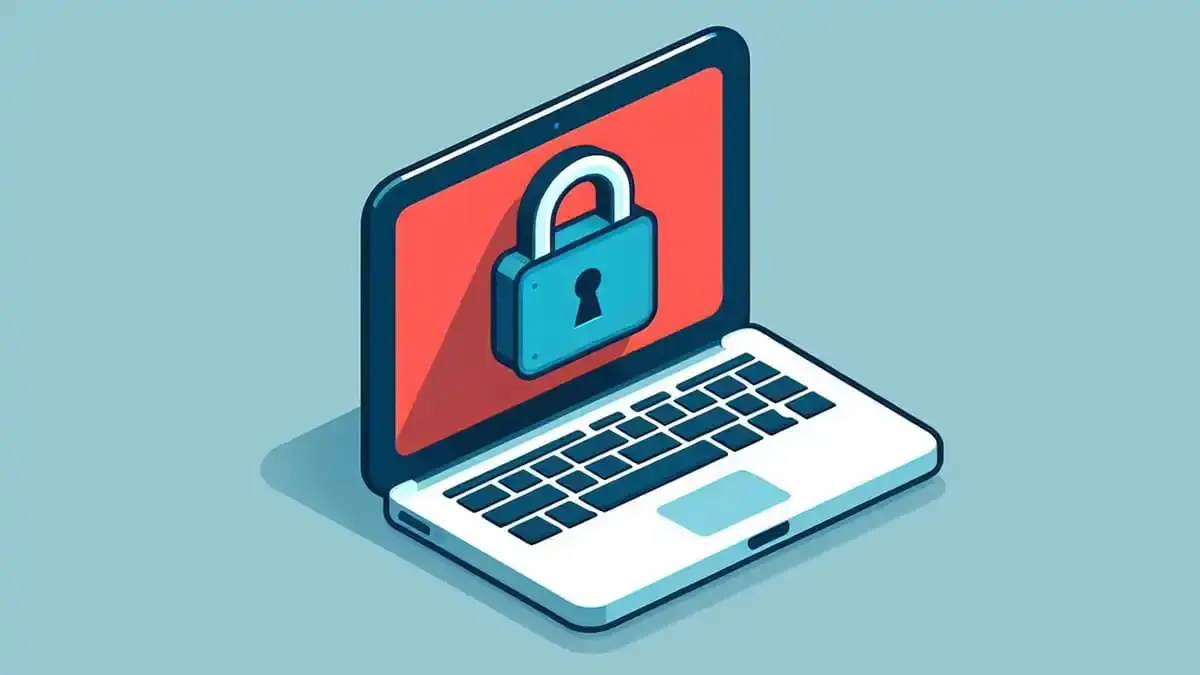- cross-posted to:
- technology@lemmy.world
- cross-posted to:
- technology@lemmy.world
Spends most of article telling you why they probably aren’t necessary.
Ends with 4 examples why they’re useful, which are the main reasons they’re used to begin with.
I feel like the opening sentences explained the reasoning behind the article sufficiently, even when there are plenty of valid use cases for them. This was mostly a response to manipulative marketing tactics:
Virtual Private Networks, or VPNs, are popular services for (supposedly) increasing your security and privacy on the internet. They are often marketed as all-encompassing security tools, and something that you absolutely need to keep hackers at bay. However, many of the selling points for VPNs are exaggerated or just outright false.
They’re not the only ones pointing this out, either. Tom Scott released a video on the topic a few years ago to explain his thoughts VPN sponsorships
Your comment in no way negates my observation. If the clickbait title of the article was “You probably don’t need a VPN to avoid market tracking” or something similar, you’d have a point.
I was simply adding information your comment had left out, it wasn’t negating information at all. So congrats on getting the point, not everyone is trying to argue 🎉
You may want to reconsider your phrasing then if you don’t want it to appear to be argumentative.
Neutral party here, I read it naturally as a supplement to your comment, not an opposition. I don’t detect an argumentative tone personally.
You’re welcome to your opinion but these phrases
I feel like the opening sentences explained the reasoning behind the article sufficiently,
They’re not the only ones pointing this out, either.
are oppositional in tone.
If you ask me, you seem to be looking for a fight here.
Assuming good faith, I don’t see the argumentative part.
I already addressed this in reply to someone else, you only wasted your time here.
Maybe. And yet, this also didn’t sound particularly nice.
…and since then, Tom Scott took a NordVPN sponsorship. And possibly SurfShark too?
He found that it was actually useful while in countries with questionable Internet access.
Personally, I just host my own VPN, so no matter where I am, all my traffic exits from my home ISP. I figure they’re at least accountable to the same laws I am.
But that’s the thing. When that Video was made, almost all of the advertising was focused on the same BS the article is disagreeing with.
I remember lots of NordVPN ads by uninformed nontechnical creators just reading the provided script. Saying that Balaklava wearing hackers will steal your credit card data just by being in the same cafe as you, and only an expensive VPN subscription can protect you from that. Or that only using a VPN will protect you from malware.
This sort of advertising is what Tom Scott critizied back then. IIRC he even said that there are real use cases, but that you shouldn’t believe the fearmongering. Same as the article.
The fearmongering advertising was the problem, not advertising the service itself.
Yep, articles have different audiences.
Sure one group might understand why a tool exists and use it effectively, but there are also companies over-selling their capabilities and people are using it for things it doesn’t help with.
This article is for them, simple as that
deleted by creator
deleted by creator
I don’t know if those useful features are the main reasons VPNs are used, though. There’s evidence they are used often for bypassing blocked sites (like VPN downloads jumping in Russia recently), most of the other advertised privacy and security benefits are questionable. Most of them don’t advertise torrenting/piracy because that’s a legal gray area.
My VPN advertises protected torrenting as a feature. Many do.
And it’s pretty nondebatable that VPNs are advertised for getting around regional blocking for Netflix etc, or generally getting around censorship like in China.
Ironically, almost all the exit VPNs are owned by either China or Israel. With a few exceptions.
citation needed
My VPN is headquartered in California, and actively removed their presence from Hong Kong once their security policy matched China’s, and removed themselves from Russia since that country was opposed to the zero logs policy.
The title should be “You should understand what a VPN is for, before using one.”
Well, that article was a hot mess.
I appreciate the authors effort and they are correct about lack of “what is VPN” articles that are not written by VPN-vendors in marketing purpose. But I’m not sure if this was it.
Writing an article meant to “debunk” misconceptions and getting two core concepts, Security and Privacy mixed up right from the start wasn’t very good.
A lot of time was spent on explaining HTTPS and how it somehow magically makes you and your data secure on the Internet and it completely missed to mention who the potential threat actors thwarted by HTTPS are?
Could have probably used a chapter on how actual threats (both security and privacy) work and how don’t have much to do with the level of encryption your TCP/IP connection happens to encapsulate.
The last chapter with the first 3 bullets was pretty good though. That could have just been the whole article and it would have been alright.
Oh well. Attempt was made.
deleted by creator
deleted by creator
I know exactly how litigious Funimation is. I absolutely need a VPN. :D
When to use a VPN
VPNs are not magical fixes for privacy and security on the internet. However, there are some specific situations where they are useful tools.
Network blocks and internet censorship. VPNs can help you access sites and services that are restricted by your local network or government. That’s why downloads of VPN apps in Russia skyrocketed in 2022, after the country’s invasion of Ukraine and more services became blocked. The same trend happened in Virginia and other U.S. states after they passed laws requiring photo identification for adult websites.
Piracy. Internet service providers can sometimes detect when you are pirating movies, TV shows, music, or other media and send you angry letters. You can avoid that entirely by using a VPN when you download or torrent copyrighted material. Do what you want 'cause a pirate is free… but use a VPN.
Region-locked content. This is a popular selling point for VPN companies that is actually true: VPNs can help you access online content that is officially restricted to a certain region. Switching your VPN server to a different country can change what movies and shows are available through Netflix, and UK-based VPN servers are frequently used to access BBC iPlayer content in other countries. However, this is not always reliable, as service providers will usually detect VPN servers after a while and block them.
Accessing your home network. Setting up a VPN server at home is one way to access devices on your home network (such as self-hosted security cameras, media servers, and remote desktop) without opening up more of your network to the rest of the internet.
There are other more niche use cases for VPNs, but those are the most popular ones that aren’t completely made up.
Clearly whoever wrote this has not tried torrenting popular content 🤨
Just use any old proxy either paid for in cash in the mail, or in a country that absolutely won’t cooperate with yours legally when you need it.
Your VPN will absolutely fold under the slightest legal pressure.
Some of them don’t even log the data required to cooperate with requests. Mullvad is one.
IVPN is another
how do they prove that they both don’t and can’t?
Better than most but I couldn’t find mention of anything that prevents them from complying with secret requests to begin data monitoring.
Potentially where they’re based that’s unconstitutional or something but I didn’t see evidence of such.
I like VPNs because you get a colorful selection of who to potentially get man in the middle attacked by.
That’s not a VPN issue, that’s a provider issue.
Nevermind the government or hackers, I use a home-grown VPN to keep Comcast off my ass.
Understandable, I would never trust my internet service provider either
Another good use for VPN is to counter dynamic pricing. My wife visited a website some time ago to request the price for a ticket. When she visited the website a second time the price had increased considerably. However when visiting the price with VPN it was the original price again. It saved her a lot of money.
You can also get around this by using a non-airline owned travel metasearch engine like Kayak.
Thanks for the tip.
I’m not quite paranoid enough to believe that all of these anti-VPN articles are propaganda sponsored by people who want to make mass surveillance easier, but when it’s from someone whose other recent posts include one titled “Youtube ads aren’t actually that bad” and two explaining why Google’s Manifest V3 is great, I’m at least going to suspect it as a possibility.
It’s definitely possible they’re sincere.
It’s not at all possible that I’m going to care about or respect anything they have to say about privacy or security.
IVPN created an awesome website called doineedavpn.com where they honestly and objectively answer that question. It’s one of the reasons why I like IVPN as a VPN provider, they are honest and don’t hide anything from their customers. Also their apps are open source and they support anonymous signup.















